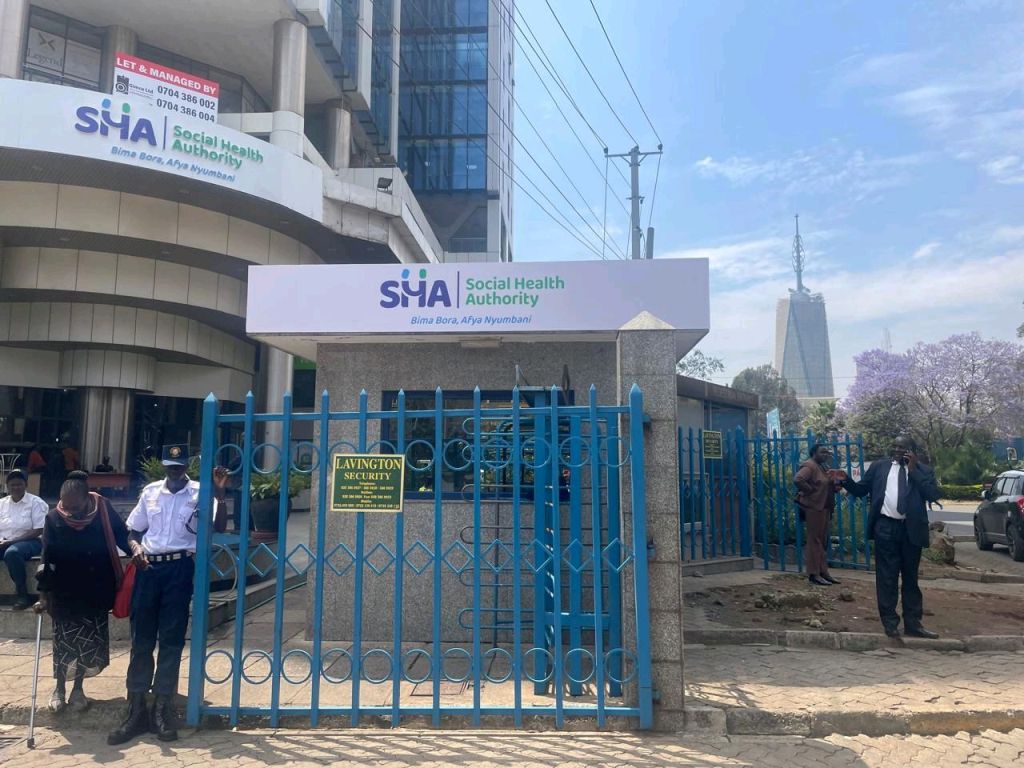(Nairobi) – A month after the launch of the Social Health Authority (SHA), patients across Kenya are reporting significant difficulties in accessing healthcare services. Many claim they have been forced to pay out of pocket for treatments that were previously covered by the now defunct National Health Insurance Fund (NHIF).
Patients’ frustrations are compounded by uncertainty among healthcare facilities regarding government reimbursements for services provided under the new system. In Migori County, for instance, Fredrick Akoko found himself paying cash for treatment at a hospital in Ranen, Awendo sub-county, as the facility did not accept SHA payments. “I had to pay cash because the hospital does not accept SHA,” he explained.
Similarly, Martin Bhoke, a patient at Migori County Referral Hospital, reported being required to pay cash for services. A visit to the hospital’s outpatient section confirmed that patients were still paying directly rather than through SHA.
Despite these reports, Migori County Health CEC Caleb Opondi asserted that SHA was functioning at both the referral and sub-county hospitals. However, patients in the western region echoed similar concerns, noting they were paying for services out of pocket even after registering for the new healthcare plan. Expectant mothers under the Linda Mama scheme, cancer patients, and individuals needing dialysis were among the most affected groups.
Some patients also mentioned that they had been unable to sign up for the new health plan due to ongoing system issues. In the Rift Valley, accessing the SHA system has been difficult for many, contradicting the government’s promises of Universal Health Coverage.
While some challenges affecting patients appear to have been resolved, medical facilities still face difficulties. Reports indicate that some hospitals have reverted to manually recording patient data and filing claims later due to system outages. “The system is experiencing some downtime, but patients have to be served. The records are kept manually with the hope that once the system is restored, the data can be entered,” said a medical worker who requested anonymity.
Kelvin Etyang, a dialysis patient at Nakuru Level Five Hospital, shared that he initially faced challenges accessing SHA but has since found the system to work well for him. “I started dialysis sessions in March under NHIF. At the onset of SHA, we struggled to log into the system; without access, we couldn’t be served,” he said. Now, he only pays for certain medications out of pocket.
Cyrus Kariuki, another dialysis patient, expressed satisfaction with the new system but noted that some costs, such as an injection for anemia, are not yet covered by SHA. “After a dialysis session, one receives an injection to boost red blood cell production. SHA isn’t covering that injection right now, and it costs Sh1,600,” he explained.
At Nakuru’s oncology unit, Beatrice Muthoni shared her experience transitioning from NHIF to SHA. She noted that while NHIF required a week’s notice for chemotherapy sessions, SHA allows same-day bookings. However, she experienced delays that nearly prevented her from receiving necessary blood tests before chemotherapy.
David Mwaura, another cancer patient, echoed Muthoni’s experiences, saying the system has improved over time. “I struggled to log into the system during the first few days. It was slow but appears to be improving. Today, everything went through within 25 minutes, and I was placed under chemotherapy,” he reported.
In Kakamega County, Kevin Kateri found himself in a difficult situation, having to pay Sh7,000 for his wife’s delivery two days earlier. He attempted to register for SHA but faced challenges. “I’ve been told to register for SHA, but I’ve tried registering, and it has been unsuccessful,” he said, urging the county government to intervene.
Kakamega County Executive Committee Member for Health, Dr. Benard Wesonga, acknowledged that many patients still arrive with NHIF cards that are no longer valid, complicating service provision. “We have cases of people being forced to pay cash because we cannot treat them for free if they are not registered under SHA,” he stated.
In the Mount Kenya region, patients have also reported difficulties accessing services. Patrick Munene had to borrow money to pay for treatment for chest complications, indicating that the first month of SHA has denied him necessary care.
At Guardian Hospital in Meru’s Igembe region, challenges were reported in registering underage maternity patients, highlighting additional systemic issues. Agnes Kendi, the facility’s human resources officer, noted that problems with the registration system, such as non-functional edit icons, have further complicated the process.




















